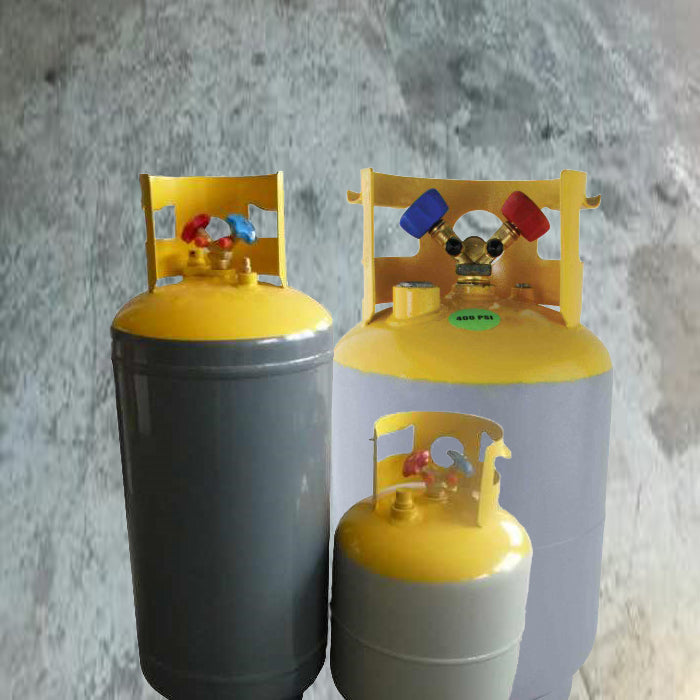321-245-1400
321-245-1400

Air conditioning refrigerant leaks can go unnoticed for far too long, yet they are one of the most costly and environmentally harmful issues affecting HVAC systems today. When a system begins to lose refrigerant, it loses its ability to efficiently cool a space, leading to higher energy bills, system wear, and potential health hazards. For both homes and businesses, detecting and resolving refrigerant leaks early goes beyond comfort and cost; it is essential for environmental responsibility.
Air conditioning refrigerant leaks are usually caused by wear and tear on the unit. Over time, the metal coils and connections within an HVAC system can corrode, especially in humid environments. Vibrations, poor maintenance, factory defects, or improper installation are also major contributors to a slow and persistent loss of refrigerant.
Many times, detection of a leak doesn't come until most of the refrigerant is gone. Unlike fuel or water leaks that might leave visible signs, refrigerant leaks are odorless and invisible, making them more difficult to spot without professional tools.
Older systems using R-22, often referred to as just Freon, are especially prone to leaks and carry additional environmental risks. R-22 has been phased out due to its ozone-depleting properties, and its production is now banned in the U.S. Continued use of such systems can put property owners at risk of non-compliance with environmental regulations and can significantly increase maintenance costs.
Even small refrigerant leaks can reduce an HVAC system's cooling power, making it work harder to maintain optimal temperatures. This inefficiency drives electricity use, shortens equipment lifespan, and increases the likelihood of complete system failure.
More importantly, leaking refrigerant can have a serious environmental impact. Refrigerants like R-410A and especially R-22 contribute to ozone depletion and global warming when released into the atmosphere. One pound of refrigerant released into the air can have thousands of times more warming potential than CO₂. That’s why addressing air conditioning refrigerant leaks quickly and professionally is more than a technical issue, it’s an environmental obligation.
Handling refrigerants is not a job for DIYers. The Environmental Protection Agency (EPA) requires anyone who handles refrigerants to be certified under Section 608 of the Clean Air Act. Improperly managing refrigerant, even just refilling a leaking system without repairing the leak, violates federal law and can result in substantial fines. Additionally, exposure to refrigerants without proper equipment is potentially dangerous to your health.
Professional HVAC technicians use specialized tools to locate the precise source of the refrigerant leak, recover any remaining refrigerant, and ensure the system is sealed and refilled according to EPA guidelines. They also dispose of or reclaim refrigerant responsibly, keeping harmful chemicals out of the atmosphere.
Preventative maintenance is the best way to protect your HVAC system from refrigerant leaks. Schedule seasonal tune-ups with certified HVAC professionals, who can check for signs of corrosion, vibration damage, or other early indications of a leak.
If your system is over 10 years old and still uses R-22, it's time to consider a replacement. Newer systems use more environmentally friendly refrigerants, which reduce risk and offer higher energy efficiency with lower long-term costs.
Air conditioning refrigerant leaks are more than just a nuisance. They represent a hidden threat to your HVAC system’s efficiency, your wallet, and the planet. By recognizing the signs of a leak, acting quickly, and always working with a certified HVAC professional, you can prevent major problems and contribute to a more sustainable environment.
Don’t take chances with refrigerants. Have your system inspected regularly and serviced by trained professionals to keep your space cool, your costs down, and your footprint smaller. If your system is due for replacement or decommissioning, and you need to reclaim the refrigerant, Eco-Care Refrigerants offers expert refrigerant disposal and HVAC recycling. Contact us online or give us a call.